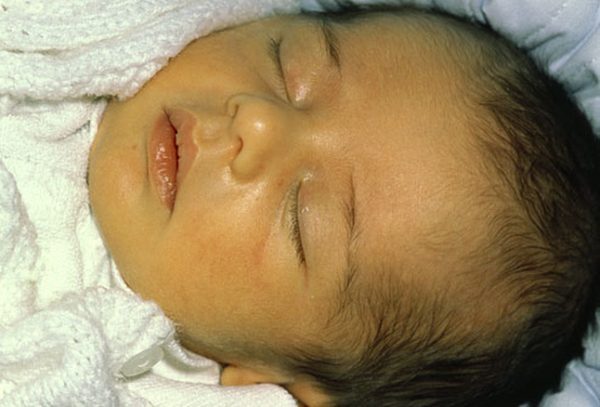
Embryo Freezing or Cryopreservation is generally performed as a component of infertility treatments like In Vitro Fertilization (IVF) and Intracytoplasmic Sperm Injection (ICSI). During a standard IVF or ICSI treatment cycle, hormones are used to stimulate the development of multiple eggs in a women’s ovary. These eggs are then processed and fertilized in the laboratory. Generally, for more than 50% of couples, there will be excellent quality embryos in addition to those that can be used for embryo transfer. These additional embryos can be frozen and preserved for later use.
What is Embryo Freezing?
Embryo Freezing is a method of preserving an embryo by categorically cooling them to sub-zero temperatures (-196 degree Celsius). The main techniques used for embryo cryopreservation are vitrification and the slow programmable freezing. Vitrification is the latest and more advanced technique used for embryo cryopreservation. The slow freezing technique as the name indicates takes comparatively longer time for the embryos to freeze and there are chances of forming ice crystals inside the cells. Formation of ice crystals might cause damage to the embryos. On the other hand, vitrification completes freezing to the desired -196 degrees Celsius within minutes and there are no ice crystals formed. Hence it offers high rates of survival for the embryos.
Benefits of Embryo Freezing
The first human embryos were successfully frozen back in 1984. Since then this technique of embryo cryopreservation has been used time and again for many reasons.
Women are most fertile from their teens to until age 35. However, for many this might not be the idea age to start a family. These women can freeze their most healthy embryos and use them when they are ready to start a family.
If you have frozen additional embryos from your first IVF cycle, you can use them in case you require additional cycles and need not go through the intensive hormone injection treatment again.
You can use the embryos frozen during your first pregnancy to have another child later.
Another advantage of Frozen Embryo Transfer (FET) is that you can plan and schedule your next embryo transfer months in advance.
Following a fresh IVF treatment cycle, subsequent FET cycles are comparatively less costly for patients.
In certain patients, the ovarian stimulation medications increase their progesterone levels above a critical threshold which becomes less receptive for embryo implantation. In such cases, following IVF cycles are recommended using Frozen Embryo Transfers (FETs).
In patients with Ovarian Hyperstimulation Syndrome (OHSS), patients are advised to freeze all available embryos rather than proceeding with a fresh embryo transfer.
In couples with risk of passing certain genetic conditions to their children, embryo freezing allows for pre-implantation Genetic Diagnosis (PGD). In this method, embryologists can test each embryo for genetic mutation.
Embryo freezing also helps patients with recurrent pregnancy loss and older woman who are at higher risk of chromosomal abnormalities. Preimplantation Genetic Screening (PGS) allows embryologists to test for chromosomal abnormalities in each embryo.
The risk of multiple gestations is reduced, as fewer embryos are transferred in a fresh cycle.
Cryopreservation is also suggested in patients with suboptimal uterine lining or other factors that might affect the embryo implantation.
In cases of cervical stenosis, embryo cryopreservation is recommended.
It is also advised for patients undergoing cancer treatments and who are looking to start a family after successfully completing their cancer treatment.
Recent studies have indicated better implantation rates, live birth rates, higher birth weights, lower ectopic pregnancies, lower miscarriages, etc with Frozen Embryo Transfers. One reason given for this is frozen embryos are used long after the hormone therapy and by this time the woman’s body and hormones would have returned to a natural state mimicking a natural conception.
KJK Hospital uses the latest technology for embryo freezing (cryopreservation) that is vitrification. For enquiries related to embryo freezing, you can write to www.kjkhospital.com/contact or call 9447452568, 0471-2544080





